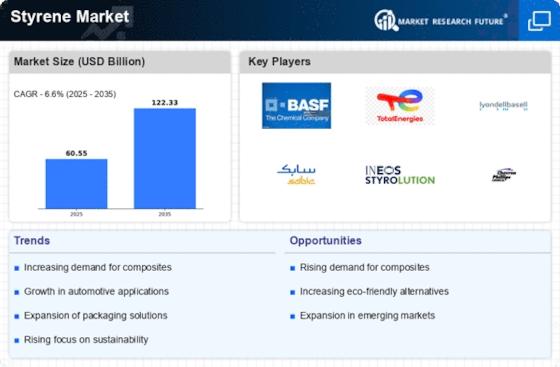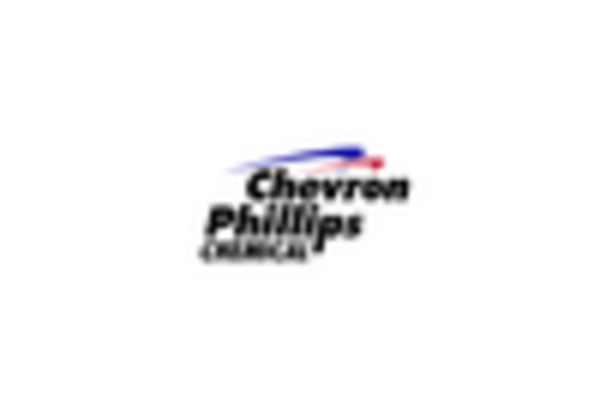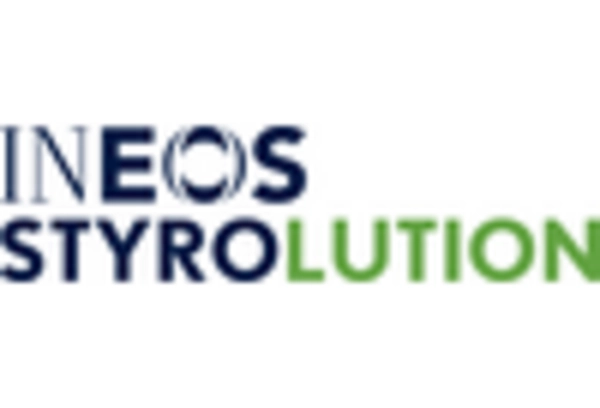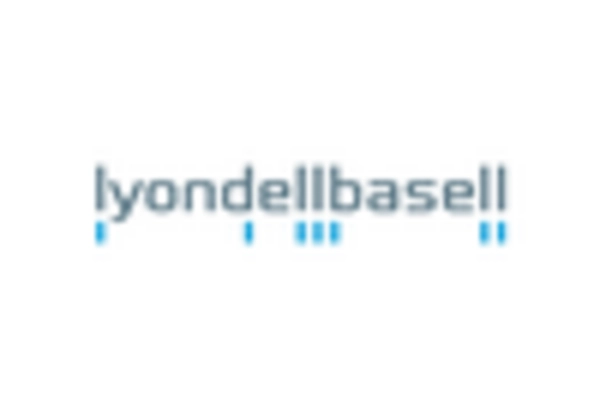Market Share
Styrene Market Share Analysis
In a dynamic environment like Styrene market, companies use various strategies to capture and enhance their market shares. It is also important for companies to position themselves well within markets if they must achieve long-term success and good competitive standing. In fact one common approach involves differentiation where by firms concentrate on creating unique and distinct products or services so that such are able to stand alone within markets. This could mean for instance development of innovative formulations, better quality or environmentally friendly substitutes that makes a difference among them hence keeping a loyal customer group through attracting specific segment of target market only fixated towards them.
One more crucial way is through cost leadership, where companies aim at being the cheapest producers in the Styrene market. This method eliminates any possible complications and increases efficiency of operations while ensuring availability of necessary supplies at a right time and place reducing wastages spent on inventory. By quoting prices on low side, they can attract price sensitive customers and take away large part of the market. However, it is important to keep in mind that too much focus on cutting costs will affect product quality thereby affecting sustainability.
Market segmentation also forms a common strategy used by firms operating within this sector. Companies identify different groups with unique needs and preferences and then tailor their products or marketing strategies accordingly. By doing this, enterprises are able to concentrate on what they do best as well as dealing with peculiar customer requirements in different segments hence emerging winners over rivals who broadly target markets.
In addition to these strategies, dominating majority stake by putting emphasis on customer-focus approaches is very vital for achieving dominance among its peers within the Styrene industry. Knowing what consumers expect from businesses, excellent services to clients and establishing strong relationships result into loyalty among customers who become more loyal customers rather than looking for other brands they can refer others to.
Companies operating in styrene must be flexible enough to accommodate changes brought about by market trends and regulatory regime because both factors influence this field greatly. Technological developments plus environmental concerns are some conditions which dictate how business operate within this industry while regulatory obligations like licensing and an efficient regulations is a requirement. Companies which anticipate these changes and align their business strategies with the changing market situations are able to capture more market share.


















Leave a Comment